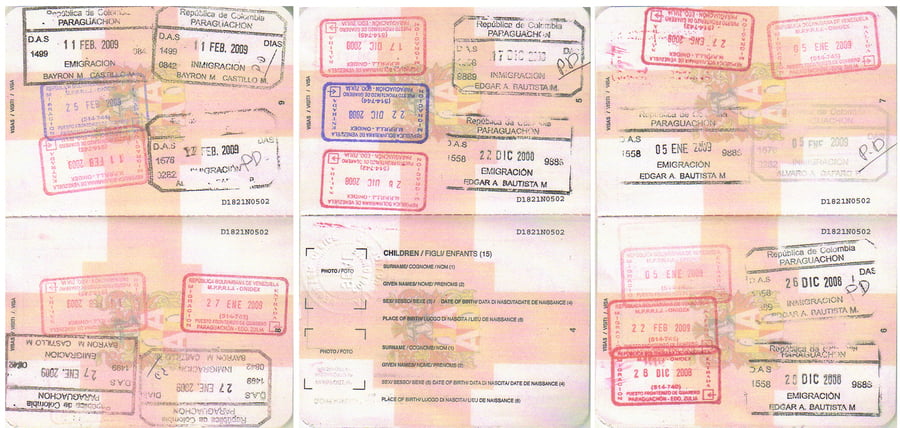De facto states create a lot of controversy in the international community: they exist but they are not recognized by most nations.
There is not complete consensus as to what to understand by the phrase “de facto states”, but various experts agree in underlining five common elements in each of these territories.
The first element which defines de facto states is that they have a political leadership which is clearly defined, and which relies upon popular support. Another factor is that this leadership governs and offers services to a defined population.
Furthermore, in a de facto state, the leaders control the territory to which they lay claim. This state seeks international recognition of its sovereignty. To that end, it establishes different types of relationships with other states. In economic terms, de facto states are generally poor, of smaller territorial dimensions and have a low quality of life.
The great majority of sovereign states deny recognition of sovereignty to de facto states. Geopolitical and economic interests influence this. Today experts claim that there are between 5 and 15 de facto states in various continents.
Among the best-known de facto states is the Pridnestrovian Moldavian Republic (otherwise known as Transnistria). Also, on the list are the Republic of South Ossetia, the Republic of Abkhazia and the Republic of Nagorno-Karabakh. The Republic of Somaliland, Tamil Eelam in Sri Lanka, the Turkish Republic of North Cyprus and Antarcticland are also de facto states.
Lack of consensus from the international community
The recent recognition by Russia of the People’s Republics of Donetsk and Luhansk was highly controversial. Despite recognition by Moscow, the international community does not accept the sovereignty of those territories, just as it did not accept the independence of Crimea in 2014.
Experts do not agree about the inclusion in the list of de facto states of Taiwan and Kosovo. In the case of the Asian territory, China considers it part of its own country. Beijing is seeking to apply a model like that which exists in Hong Kong and Macao of “one country two systems”.
The Taiwanese reject this possibility. The dispute has been going on for decades and has no short-term solution. Taiwan maintains economic and diplomatic relations with various countries. Meanwhile, Kosovo is recognized by more than 50 countries in the international community.

